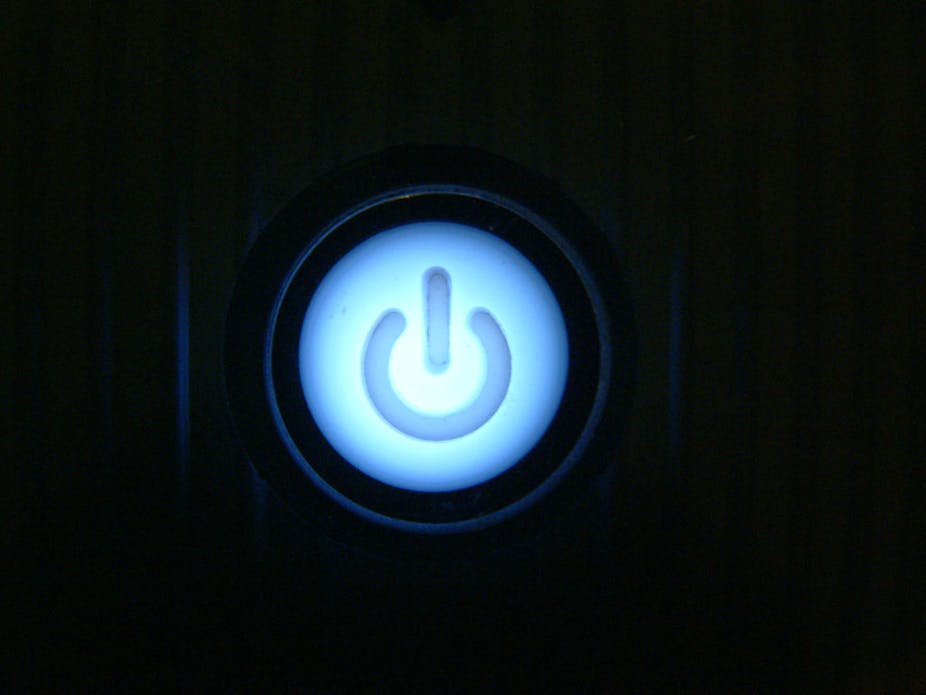Autonomy is patriarchy’s supreme foe. It suggests self-determination, power, and control, and the “selfie” is a culturally ubiquitous iteration of autonomy. The release onto the internet of hundreds of intimate selfies and personal photographs of famous women is most likely the result of someone hacking into Apple’s iCloud storage system, and the FBI’s hunt for the perpetrator (or perpetrators) underscores the gravity of this theft.
A troll’s wet dream
The prurient “what the butler saw” peeping-Tom quality of accessing illicit, private pictures, of momentarily enjoying the illusion of control over otherwise powerful, independent women, is many an internet troll’s wet dream. We don’t know who is behind the hack but it’s a notoriously male world – though of course not exclusively.
There are those who want to keep women silent and passive and looked upon, and they’re the same people who are accessing and sharing these pictures – and who participate in the aggressive taunting and abuse of women via social networking sites. The misogynistic comments levelled at some of the women whose pictures have been leaked underline this point.
The actor Mary Winstead, for example, tweeted:
The trolls have been vicious to Winstead because what is she if she’s not autonomous: a successful, independent woman?
This kind of misogyny has a long and robust lineage. There were, officially at least, no female actors on the English stage until 1660. The pernicious Puritan belief was that a woman on stage was dangerous – a subversive harpy making her body as public as a whore’s. She was not where she should be (the home), and nor was she participating in safely domestic activities.
The fact that generations of Britons have thought of Nell Gwyn not as a pioneering actor, but as a monarch’s lover and buxom seller of oranges, emphasises this. And crucially, actors, like prostitutes had, in the Puritan imagination at least, an utterly contemptible command of their own day-to-day lives.
More than privacy
This is a bigger issue than the current cacophony about “privacy” suggests. We must ask why the leaked pictures have been of female celebrities; some of them, like Jennifer Lawrence, at the absolute top of her game.
And there’s the answer: how better to put these uppity girls in their place than by publicly humiliating them? As Lawrence’s character, Tiffany, says in the film Silver Linings Playbook: “Humanity is just nasty and there’s no silver lining.”
The truth is that the internet is a democratic space. We have a choice as decent, autonomous grownups – just as we can choose not to collude with terrorist organisations by watching online footage of their repugnant propaganda, so we can choose not to access these pictures.
If we do search for them, we’re really no better than those vile trolls, with their sticky keyboards and warped attitudes towards women. When we complain about the breaching of privacy we need to be mindful that, for many people (mainly heterosexual men), the decision to look at the leaked pictures is motivated by a fear – a fear of women doing their own thing, for themselves.
It’s a recurrent theme in patriarchy. Policing cyberspace is a near-impossible task; policing our own decency and humanity while paying due respect to the privacy and autonomy of others is not.

